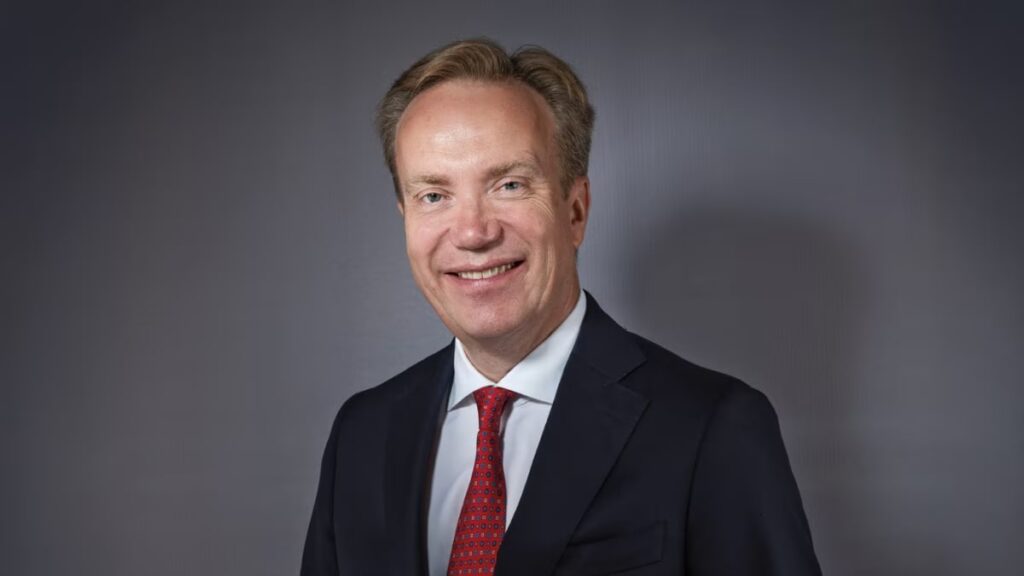Børge Brende, President and CEO of the World Economic Forum (WEF), shared insights on the global economic outlook in an interview with Siddharth Zarabi and Rajdeep Sardesai. Brende noted that global economic growth has slowed significantly compared to previous decades, largely due to geopolitical tensions, trade conflicts, and rising debt levels.
“The world is currently growing at a rate below 3%, which is far lower than the near 4% growth seen in the previous decade,” he said. He identified the biggest risks to global growth as the Ukraine war, the possibility of wider conflict, and escalating trade wars.

Optimism for India’s Economic Future
Despite global challenges, Brende expressed strong optimism about India. He said India is well on its way to becoming the third-largest economy in the world, with a GDP target of $5 trillion in the near term. “India has doubled its GDP in the past decade, and I believe it can continue to grow at 6–7% annually,” he stated.
Brende further predicted that India will become a $10 trillion economy in the coming years, powered by its young and growing workforce. He highlighted that with a median age of 28, India has a unique advantage in the global economy, especially with a tech-savvy youth population driving innovation.
Reforms Needed to Sustain Growth
While praising India’s momentum, Brende also pointed out areas that need attention to sustain long-term growth. He urged India to focus on deregulation, reducing bureaucratic hurdles, and investing in infrastructure. These steps, he said, are critical for India to become a dominant geopolitical and geoeconomic force in the coming decades.
AI’s Double-Edged Impact on Jobs and Productivity
When asked about the role of artificial intelligence (AI) in the future economy, Brende acknowledged the concerns around job displacement but emphasized the positive impact on productivity.
“Every major shift in technology affects jobs, but it also creates new ones further up the value chain,” he explained. According to WEF economists, AI adoption could boost productivity by 10%, which can then be reinvested in other growth areas.
India’s Role in Shaping the Global Future
Brende concluded by saying that India has the potential to play a central role in global geopolitics and economics, provided it continues on the path of reform and investment. With the right policies in place, he believes India will not only lead in economic terms but also help shape the future of work, technology, and global cooperation.
